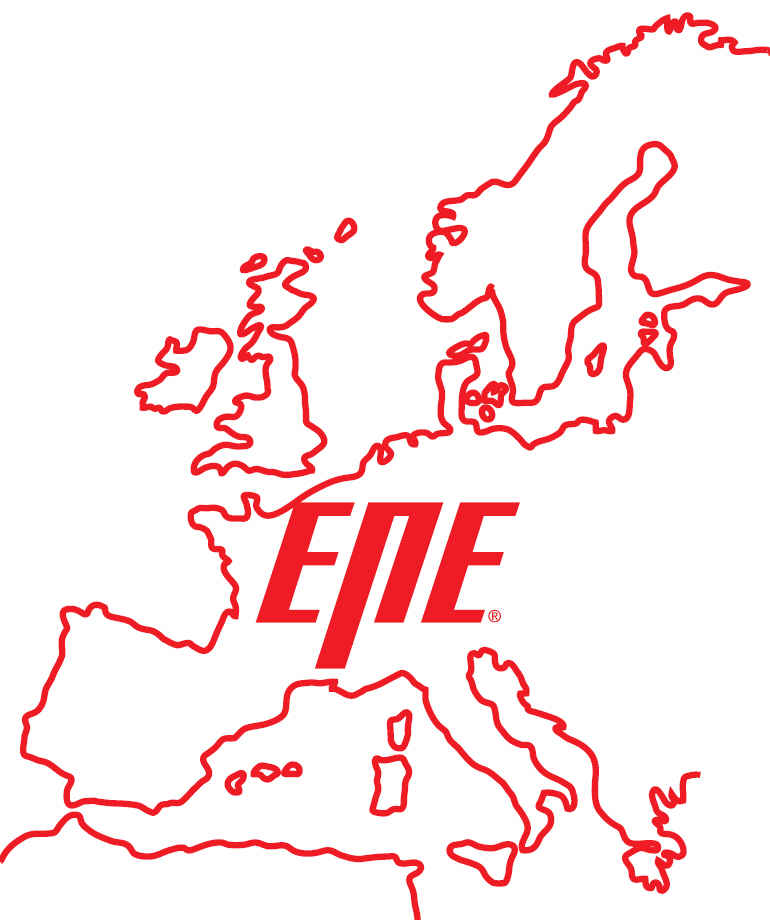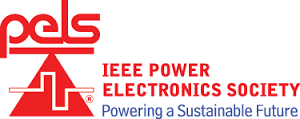
Campus Boekentoren with the Rozier-Plateaucomplex, University Library & Blandijnberg
© UGent, foto Jonas Vandecasteele & Yentl Vandendriessche
Ghent University, a top 100 university and one of the major universities in Belgium, was established by King William I of the Netherlands in 1817. After the Belgian revolution of 1830, the newly formed Belgian state began to administer the university. Ghent University is one of the biggest Flemish universities with about 44,000 students and 9,000 staff members. 11 faculties offer more than 200 courses and conduct in-depth research within a wide range of scientific domains. Ghent University Global Campus is also the first European university in Songdo, South Korea.
EELab – the Electrical Energy Laboratory
Part of the Faculty of Engineering and Architecture, Department of Electromechanical, Systems and Metal Engineering, is the Electrical Energy Laboratory. This research group, EELab, is active in various areas of electrical energy conversion, electrical drives (electrical machines, power electronics for drives, and control of drives), electromagnetic field calculations (development of FE software for field calculations and application to the design of electromagnetic devices), magnetic material modelling and characterization and electrical power networks (including also power electronic converters for mains applications).
At the Electrical Energy Laboratory, research is performed in the following areas:
- Low frequency electromagnetic fields and magnetic materials;
- Power Systems;
- Power Electronics;
- Drive Systems and control for electrical machines;
- Energy and cluster management.
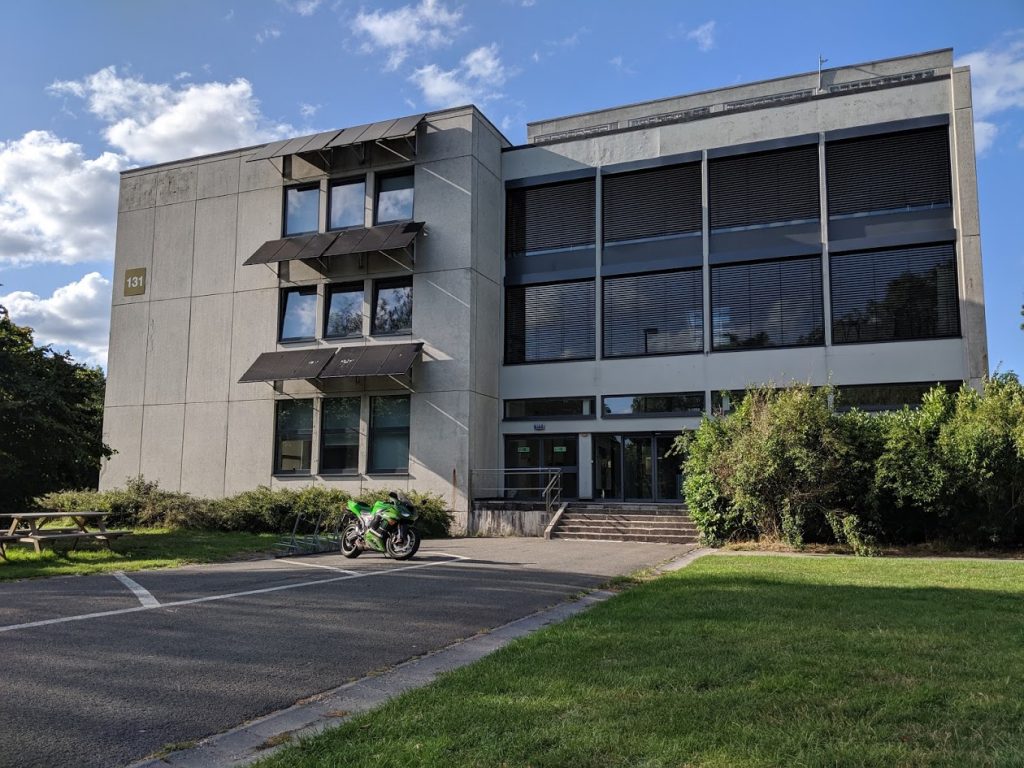
Next to these research areas, the following (non-exhaustive) list of services is offered to industry:
- Experimental identification of magnetic properties of ferromagnetic materials: magnetic measurements of magnetization curves, hysteresis loops, electromagnetic losses, …
- Numerical electromagnetic and thermal field computations: the numerical computations are combined with routines for optimizing low frequency electromagnetic devices.
- Design of active and passive magnetic shields for low frequency applications such as power cables, induction heating,…
- Optimization and design of electrical machines with high efficiency, based on numerical models and optimization routines, and experimental testing
- Control, design, optimization and condition monitoring of dynamic drivetrains driven by electric and hydraulic actuators
- Lemcko, as part of EELAB, is specialised in troubleshooting power quality and EMI problems in electrical grids and industrial automation networks. Lemcko also assists on the development of new electrical and electronic devices and can perform pre-/full-compliant testing according to the relevant European Standards. Lemcko gives education on-demand on these topics.
EELab is member of Flanders Make, the strategic research centre in Flanders for the manufacturing industry
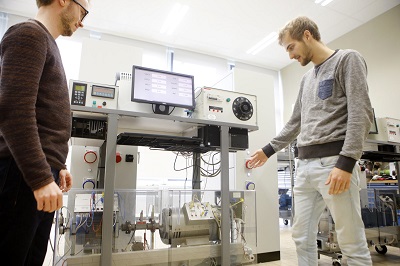
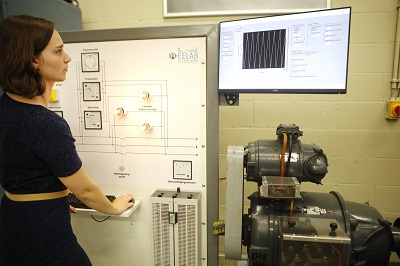
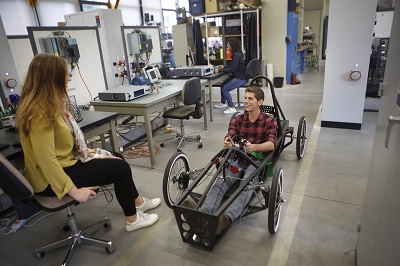
© UGent, Layla Aerts
- More information about the University of Ghent: https://www.ugent.be/en/
- More information about the Electrical Energy Laboratory: https://www.ugent.be/ea/eemmecs/en/research/eelab/electrical-energy-laboratory
















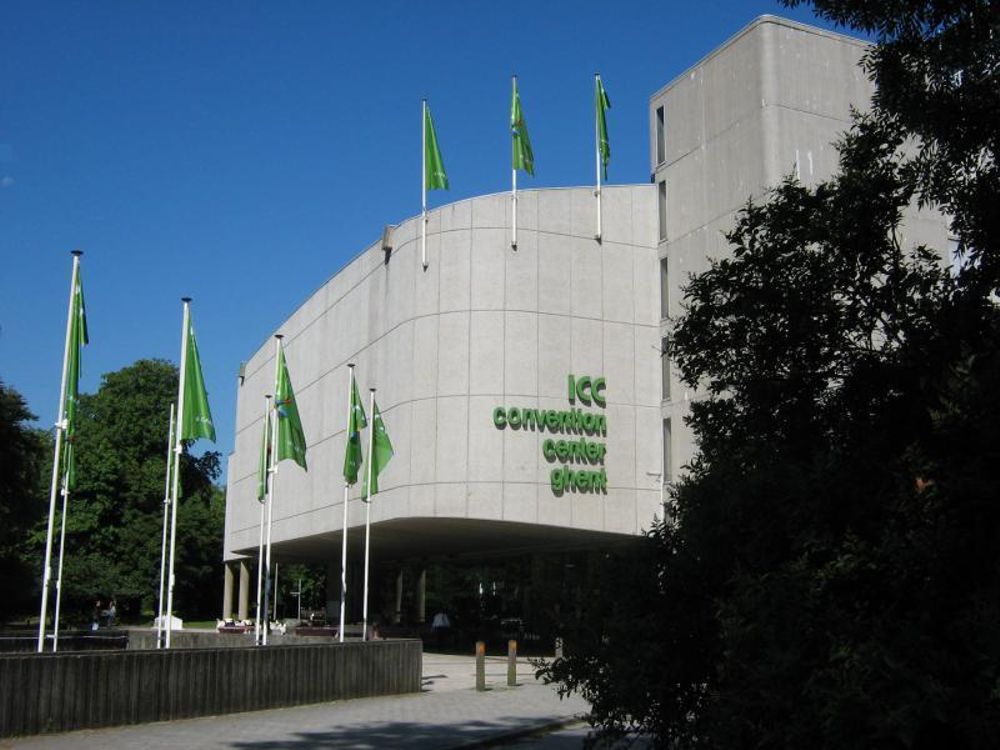







©VisitGent
©VisitGent
©VisitGent
©VisitGent
©VisitGent
©VisitGent
©VisitGent
©VisitGent
©VisitGent
©VisitGent
©VisitGent
©VisitGent
©VisitGent
©VisitGent

